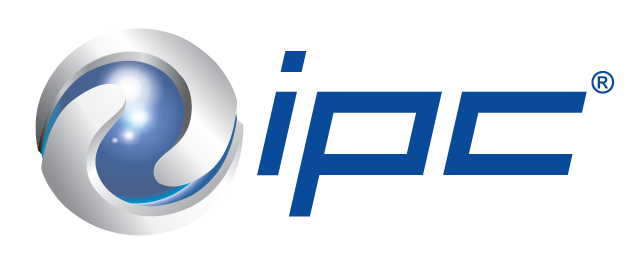The country’s first locally hosted DDoS (Distributed Denial of Service) attack scrubbing center has been switched on by IPC (IP Converge Data Services, Inc.), together with its partner, Nexusguard.
Data scrubbing centers are centralized facilities created as a line of defense against DDoS attacks. This one, specifically, will be co-located in IPC’s own Internet data center facility and operated by experienced and highly skilled DDoS Mitigation professionals. In a press briefing, IPC and Nexusguard revealed that they enforced all reasonable measures to hasten the institution of said scrubbing center.
“In our years of experience in DDoS mitigation, we’ve seen an alarming growth in scale and variety of attacks. In addition, the number of targeted industries has likewise increased. Attacks are now also directed towards various enterprises and institutions. It is for this reason that we partnered with Nexusguard to deliver world-class local DDoS defense for Filipino organizations at the soonest time possible,” said IPC President Rene Huergas.
Based on Nexusguard data, there was an increase of 77.52% in the number of attacks launched in the second quarter of this year compared to the first. In addition, the longest attack was six times longer and the peak packets-per-second increased by 149%.
“This data reflects the persistence and relentlessness of cybercriminals. They become even more aggressive and more creative over time,” said Bill Barry, Nexusguard Executive Vice President.
This is why IPC has made it an advocacy to educate enterprises about DDoS and empower them with knowledge and the right defense against what is known as the world’s most costly cybercrime.
“This scrubbing center will be connected to the Nexusguard global network of scrubbing centers, allowing attacks to be mitigated at the country of origin. Attack traffic aimed at PH targets is mitigated on our end and never reach the country. In addition, our international facilities provide IPC with redundancy and failover options if so needed,” Barry added.
IPC explained what makes a DDoS mitigation service different from the ready-to-use DDoS appliances available in the market today. Among the striking differences are the capabilities of both. Because DDoS attacks are generated by a real person, it takes real expertise to counter these. Stagnant appliances will always pale in comparison to human intuition.
Another factor to consider is the effect on a company’s cash flow. The service is cloud-based and thus can be treated as an operating expense, compared to the large CapEx dealt from purchasing an appliance outright. IPC DDoS Mitigation is a monthly subscription product similar to business continuity services or even insurance policies whereby customers are protected when attacked during the course of the subscription.
And by virtue of being a cloud service, IPC DDoS Mitigation also comes with the many benefits of being so ― scalability and flexibility, among others.
The company added that being locally hosted affords clients minimal latency and also that local attack traffic is mitigated in-country, addressing data sovereignty concerns. Apart from these, clients can also expect a faster response time and 24×7 local support.
“Nexusguard has over 5 years of mitigation experience and has the largest mitigation footprint in Asia Pacific. This, combined with IPC’s formidable track record in cloud solutions, brings local enterprises world-class defenses against DDoS,” Barry concluded.
















































































































